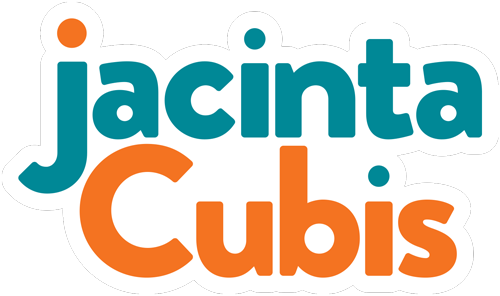Calling it out: creative collaborative habits
Over the last three months I’ve been hosting conversations on what challenges people face when collaborating and what we can do to overcome them.
The challenges can seem overwhelming. Unrealistic timelines, inadequate budgets and constantly changing goal posts.
Then it’s the ‘other people’. The hijackers, the fence-sitters, the ‘nay-sayers’ – and ‘those guys in compliance, IT, HR or communications (pick one).
Every group I’ve talked with has different challenges. What they shared in common was the feeling that these challenges were often insurmountable and can stop us from getting results. Projects, policies and programs are delayed or worse, don’t get done.
There is hope. Collaborations work because of people’s ability to collaborate. I think it’s the only thing we can control ourselves and I call it ‘collaborability™’. It encompasses a vast set of skills and behaviours.
One skill that came up in the conversation I hosted in Melbourne last week was how to call out behaviours that stifle collaboration. Thinks like when people:
Don’t do what they said they would at the last meeting
Say nothing in meetings but emailing afterwards with a long list of ideas, suggestions and demands
Dominate conversations
Don’t share information or ideas
Protect their ‘turf’
Go down rabbit holes and talk about everything but the purpose
Are negative and constantly put down suggestions and ideas
Decide for the group
It’s so much easier to call ‘foul’, ‘free kick’ or ‘offside’ on the sporting field than in the meeting room or board room. And so it should be. Unlike sport, collaboration is not competition. We don’t have a whistle, rule book, yellow cards or sin bins.
What we can do is take the time to agree how we will work together.
The trick is to go beyond the usual ‘feel-good’ list of words like communication, trust, respect, and commitment. Explore what each person in the group mean by ‘respect’, ‘communication’ and ‘commitment’? What do these look like?
For the South Asian partners of an Australian aid agency I worked with ‘respect’ meant formal acknowledgement of emails. The Australians thought that was a waste of time. We thought it was respectful to reply only when we had progress reports or updates. This different interpretation of ‘respect’ caused huge misunderstandings and eroded trust. It just took one phone call and it was sorted.
I think the most important ‘rule’ is that a group agrees to ‘call each other’ on when they stray from this agreement’. In other words, name it. Having the permission to ‘call’ challenging behaviour upfront makes it easier to do.
It’s still really hard. I know it makes me uncomfortable. That’s why I practise at every opportunity. Here’s a few skills and abilities that I think are needed to ‘call’ uncollaborative behaviour:
Keep objective – ‘this isn’t about me’
Have courage - take a breath and speak the truth, you will be speaking what others in the room, group or partnership are thinking.
Put yourself in someone else’s shoes. Try to imagine what they are thinking, feeling, seeing and hearing? It doesn’t mean endorsement, as the courageous Dylan Marron observed in his 2018 Ted talk.
Be open and transparent – because not talking about a challenge or a problem won’t make it disappear. If you don’t, the elephant will stay in the room.
Be curious – ask ‘why’ this is happening
Be clear – don’t hint or beat around the bush
Are these, and other skills, in your tool kit? Like any tools, these need to be maintained and sharpened so they’re ready for action.
Over the next few weeks, I’ll be writing about what else we can consciously practise to create better collaborative habits, a la James Clear.
So, tell me. What’s the most effective collaborative habit you’ve learnt and can share with others? I’d love to hear, comment below.
Here’s a few ways I can help you to create better collaborative habits: Get a copy of my white paper. Get tips & tools in my weekly blog. Get started on my Collaborability Workout program.

